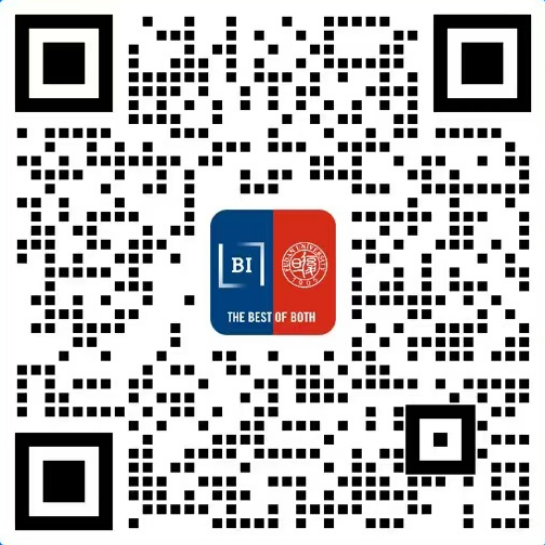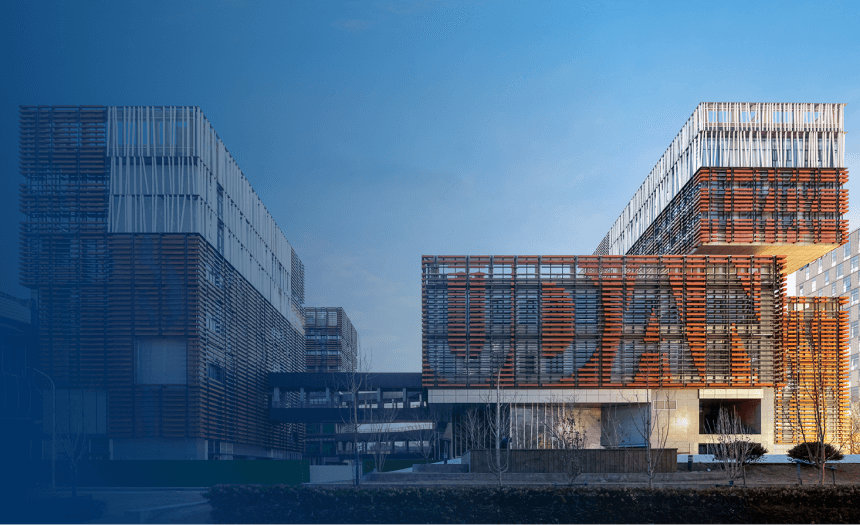Global Governance and Resilience: Navigating Complex Contexts
The core of this course is a business simulation a management game. First, it allows students to be a Global CEO for a day and to make decisions accordingly, to evaluate the results of their decisions, and to make new decisions, etc. Students can practice what they have learned during their Master in the lifelike, but safe and fast environment of the game. Second, the theoretical framework for the course rests on the themes: Global management, corporate governance, exploration and exploitation. Third, it is a practical way to introduce large groups of Chinese students to the Norwegian business life. The case to be simulated is a company operating cross-nationally in China, Germany, and Norway.
Global Governance and Resilience: Navigating Complex Contexts
The core of this course is a business simulation a management game. First, it allows students to be a Global CEO for a day and to make decisions accordingly, to evaluate the results of their decisions, and to make new decisions, etc. Students can practice what they have learned during their Master in the lifelike, but safe and fast environment of the game. Second, the theoretical framework for the course rests on the themes: Global management, corporate governance, exploration and exploitation. Third, it is a practical way to introduce large groups of Chinese students to the Norwegian business life. The case to be simulated is a company operating cross-nationally in China, Germany, and Norway.
The core of this course is a business simulation a management game. First, it allows students to be a Global CEO for a day and to make decisions accordingly, to evaluate the results of their decisions, and to make new decisions, etc. Students can practice what they have learned during their Master in the lifelike, but safe and fast environment of the game. Second, the theoretical framework for the course rests on the themes: Global management, corporate governance, exploration and exploitation. Third, it is a practical way to introduce large groups of Chinese students to the Norwegian business life. The case to be simulated is a company operating cross-nationally in China, Germany, and Norway.

Heidi Wiig
Department of Strategy and Entrepreneurship
Research area:I have for several years carried out research in the field of innovation and my core research competence is related to regional innovation dynamics with special emphasis on issues related to growth and inter-firm linkages and systems of interactions at the regional, national and global level. In recent years I have also had a special emphasize on global innovation networks and the structural determinants for firms to be able to take part in these. I have carried out numerous research projects, including evaluations of public organizations and policy initiatives, leading to several reports, book chapters and articles, and have been leading, coordinating and taking part in several research projects financed by national (Norwegian research council, Innovation Norway, different ministries and county councils) and international sources (EU, OECD).
Professor Profile:Heidi Wiig is a Professor in Innovation and Entrepreneurship at BI-Norwegian Business School. She holds a MA in Political Science with a major in International Political Economy from the University of Oslo, and a PhD in Economic Geography from Lund University, Sweden. Currently she holds the position as Associate Dean for BI’s operations in China, with a special responsibility for the academic and pedagogical standard.



